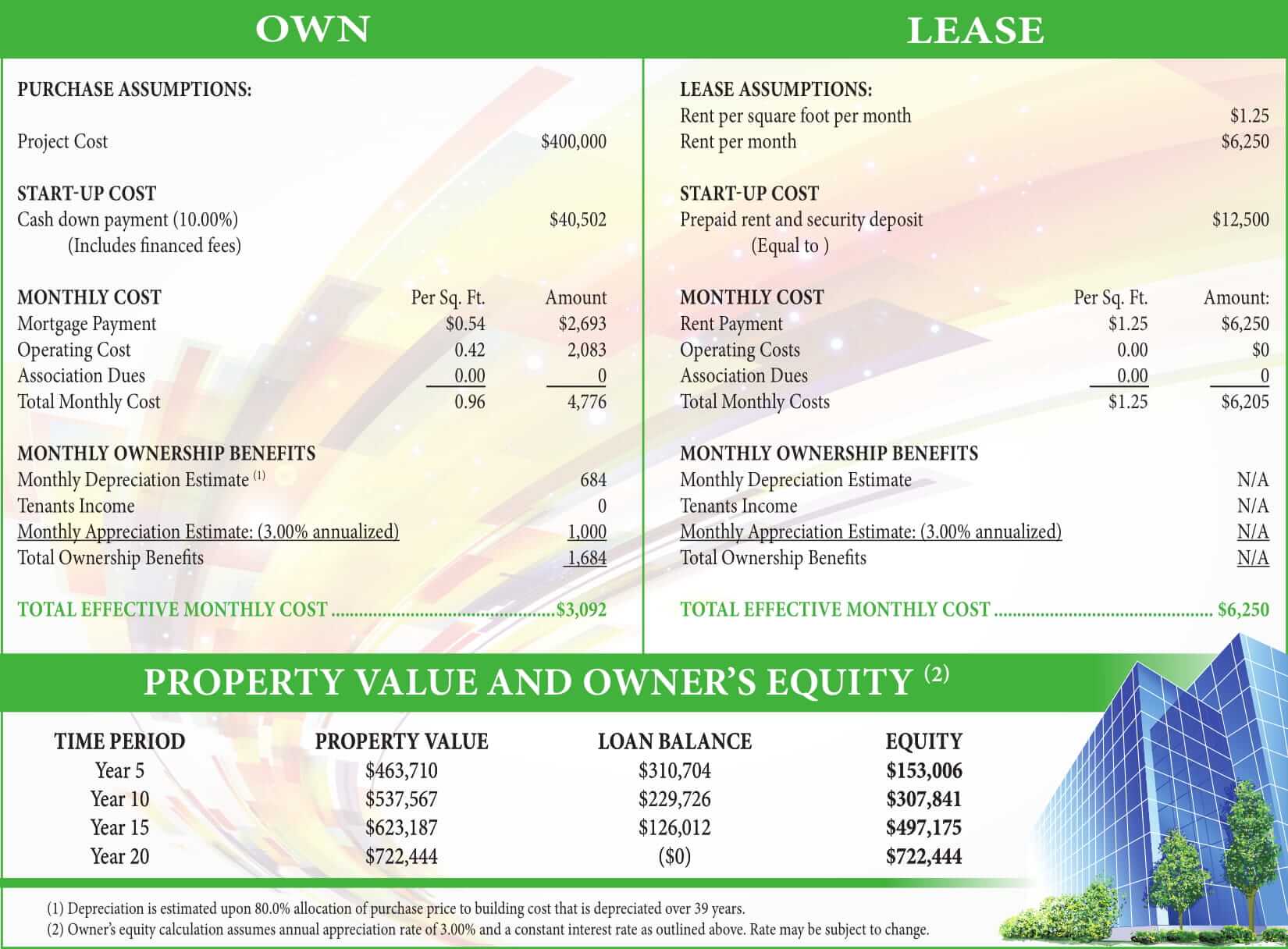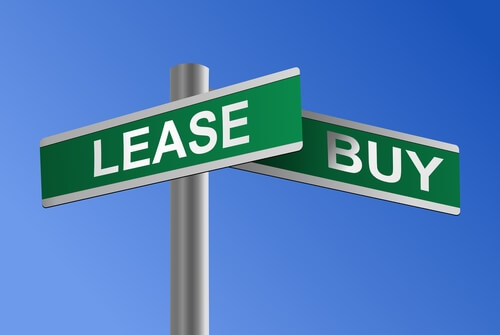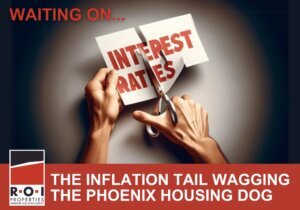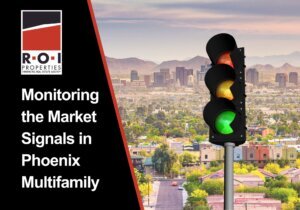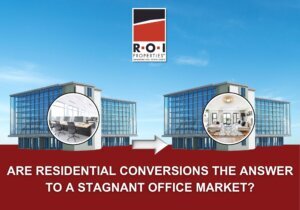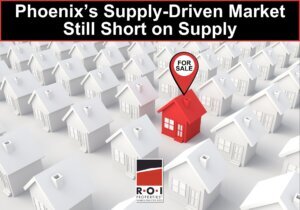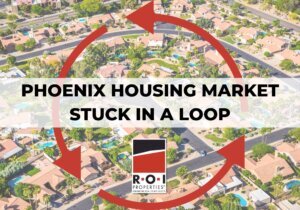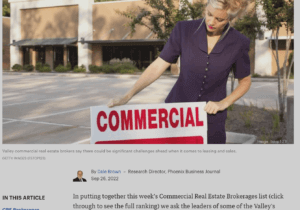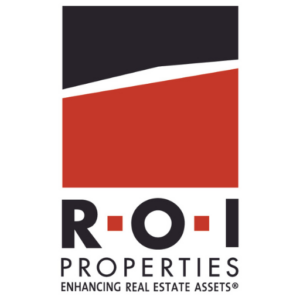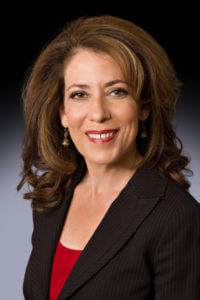
Beth Jo Zeitzer is the owner and designated broker of R.O.I. Properties, a full-service real estate brokerage firm focused on working with business owners, investors and property owners, regarding the management, marketing and sale of commercial and residential properties, including office, industrial, retail, multi-family, hospitality and land assets. Beth Jo is an attorney by training, and former corporate counsel for Del Webb Corporation. She can be reached at (602) 319-1326 or [email protected].
Since the commercial real estate market is recovering, with historically low pricing and interest rates, many attorneys and their clients have been asking whether it is better to buy a building instead of lease. From a pricing perspective, in 2008, owner-occupied office, industrial and retail product averaged $252 per square foot according to Co-Star Data. Pricing steadily declined, and the average owner occupied building was $125 per square foot in Q3 2013, with plenty of opportunities below this price range as well. This current pricing is discounted 50 percent from 2008. Interestingly, current average lease rates are only 30 percent less than 2008 averages.
The economics of owning versus buying should always be at the forefront of this decision, along with several other factors, including cash outlay, fixed costs, growth considerations, control and management of the property, investment potential through other tenants, potential appreciation, and tax factors.
Cash Outlay
If you buy a building, you typically can expect to make a down payment of between 10-25 percent, depending upon the lender and your credit. There are numerous options for small business administration loans (SBA) as well as conventional loans these days. SBA loans require as little as a 10 percent down payment. With historically low interest rates, a business owner or building owner generally ends up paying less in monthly payment and maintenance costs, versus leasing a facility.
Fixed vs. Variable Cost
Property owners with fixed-rate mortgages and a good understanding of their management costs, have a solid understanding of their long-term costs. Tenants are susceptible to market fluctuations when their lease term expires.
Control of the Property
Property owners have control over decision-making for additions and renovations. This includes operating factors, as well, hours of operation, and other essential decisions related to the business owner’s customer base needs.
Additional Income
Businesses with long-term growth plans may consider commercial real estate options that offer income stream potential, through third-party tenant leasing. Buying a larger property than what the business needs at this time, allows a business owner or building owner, to capitalize on future growth considerations by subsidizing current vacant space with tenants, gaining lease income in the interim.
Tax Factors
According to commercial real estate experts, property owners can capitalize on additional tax benefits, including deducting loan interest, property taxes and other qualifying expenses. Additional tax strategies may be considered, including forming an LLC to act as property owner and leasing space to the operating business.
Appreciation
One of the primary goals of buying a building is to generate a long-term increase in value through market appreciation. Tenants do not see the benefit of appreciation, as their monthly rent expenditure does not go toward ownership or building equity.
An Example
This example assumes the acquisition of a 5,000 square foot building, at $80 per square foot, a 10 percent down payment, and a SBA loan amortized over a 20-year period, at 4.5 percent. This is compared to the lease of a building of the same size, at $15 per square foot with full service.
The monthly effective cost, if purchased, is approximately $3,000, versus $6,000 effective cost, if leased. Under this scenario, a property owner could save 43 percent in monthly cost, by owning their office or facility, versus leasing. In addition, a building owner has the extra added benefit of building equity (29 percent in equity, assuming an annual appreciation of 3 percent per year).
